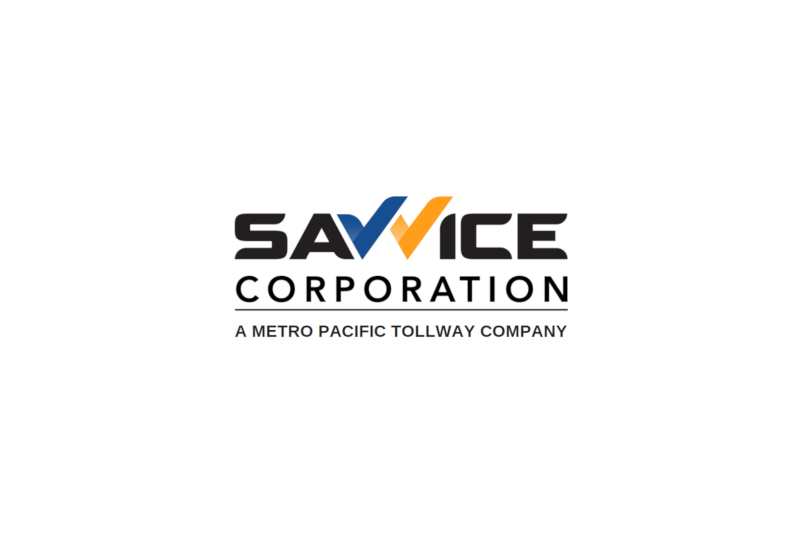

Fleet management is a multifaceted task demanding constant attention. These challenges significantly impact a company's fleet efficiency and budget, from monitoring vehicle performance and tackling administrative tasks to navigating rising fuel costs and surprise repairs. Overcoming these obstacles is crucial for fleet managers aiming to enhance performance, reduce costs, and ensure reliable service delivery.
Here are ten solutions to help businesses overcome common challenges.
1. Set Purchasing Requirements
One of the primary strategies for effective fleet management starts with the vehicle purchasing process. Standardizing vehicle purchases by empowering the fleet manager to oversee procurement can lead to significant cost savings and operational benefits. This centralized approach ensures that vehicles are selected based on comprehensive criteria, including cost, fuel efficiency, load capacity, and the availability of replacement parts.
Centralizing vehicle procurement also allows for better negotiations with suppliers and can lead to streamlined, lower maintenance costs across the fleet. Fleet managers must focus on the total cost of ownership rather than just the upfront purchase price. This perspective helps select vehicles that offer the best value over their lifecycle, enhancing the fleet’s efficiency and cost-effectiveness.
2. Driver Training and Safety Programs
Driver behavior profoundly impacts a fleet's operational costs and safety. Implementing comprehensive training and safety programs educates drivers on optimal driving practices and encourages adherence to safety standards. These programs can prevent accidents, which reduces the need for repairs and promotes a more sustainable use of the vehicles.
Continual driver education on the latest safety protocols and efficient driving techniques reduces the likelihood of costly incidents and promotes a safety culture within the organization. This helps maintain high standards and ensures awareness of their responsibilities and the impact of their actions on the fleet's overall performance.
3. Manage Fuel Consumption & Costs
Fuel costs are a significant part of fleet management expenses. Effective strategies to manage fuel consumption include implementing fuel management systems that track and analyze fuel usage across the fleet. Such systems help identify inefficiencies and provide actionable insights to reduce fuel expenditures.
Additionally, encouraging eco-driving practices among drivers can further help reduce fuel consumption. Maintaining steady speeds, minimizing idling, and proper vehicle maintenance can lead to substantial fuel savings, making the fleet more environmentally friendly and economically efficient.
4. Optimize Your Fleet Usage & Schedules
Efficient fleet vehicle use is critical to maximizing productivity and minimizing costs. Fleet managers must constantly monitor fleet utilization. Implementing strict policies and communication protocols can help ensure that vehicles are used only for their intended purposes, reducing operational costs and extending the fleet's lifespan.
Creating a robust scheduling system also plays a crucial role in optimizing fleet usage. Managers can ensure that suitable vehicles are available when needed by having a clear system for booking vehicles for jobs and maintenance, thereby improving service reliability. This approach also helps plan and evenly distribute the workload among available vehicles, preventing wear and tear from using specific units.
5. Optimize Your Fleet Size
Regularly assessing the fleet size against actual operational needs is essential for maintaining an optimal balance of vehicles. Too many vehicles can lead to increased maintenance costs and underutilization, while too few can cause delays and increased wear.
Strategic fleet optimization involves adjusting the number of vehicles and considering the mix of vehicle types based on specific job requirements. Fleet managers should also consider contingency strategies, such as keeping older vehicles in reserve or establishing rental agreements for peak periods, to ensure flexibility and preparedness for varying demand levels.
6. Prioritize Preventive Maintenance
Preventive maintenance is critical to reducing unplanned downtime and associated costs. By implementing a schedule based on vehicle usage and condition, fleet managers can ensure that maintenance is performed in a timely manner. This approach helps prevent minor issues from developing into major problems, thereby extending the fleet's lifecycle and maintaining its reliability.
Utilizing engine diagnostics and predictive analytics can further enhance maintenance strategies. These technologies provide insights into vehicle health, allowing fleet managers to anticipate potential failures before they occur.
7. Enhancing Driver Communication
Effective communication between fleet managers and drivers is integral in fleet operations. Clear and timely communication helps coordinate efforts, address issues quickly, and make informed decisions that impact the fleet's performance. It also ensures that drivers are fully aware of their schedules, vehicle conditions, and any changes in operations.
Mobile communication apps and fleet monitoring software can facilitate better communication. These platforms allow for real-time updates and feedback, creating a two-way communication channel that supports transparency and enhances operational efficiency. Regular meetings and feedback sessions can also help maintain open lines of communication and foster a collaborative working environment.
8. Use Driver Checklists
Driver checklists are a simple yet effective tool for maintaining vehicle conditions and ensuring accountability. Having drivers complete these checklists before and after each use provides a record of the vehicle’s state, helping to quickly identify and address any issues before they become costly problems. This practice promotes responsibility and contributes to the vehicle's longevity.
These checklists can cover various aspects, such as tire pressure, oil levels, and the functionality of lights and brakes. This proactive approach helps maintain high safety standards and reduces the likelihood of vehicle breakdowns and accidents.
9. Consider an Automated Fleet Management Solution
Adopting an automated fleet management solution can revolutionize fleet operations. These systems streamline processes like maintenance scheduling, vehicle tracking, and data analysis, reducing the reliance on manual paperwork and helping managers make informed decisions based on real-time data.
The benefits of using such software include improved operational efficiency, reduced administrative burdens, and enhanced accuracy in tracking fuel usage, driver performance, and vehicle maintenance needs. Automation also allows for better resource allocation and can significantly cut operational costs by optimizing various fleet activities.
10. Compliance Management Systems
Ensuring compliance with industry regulations and standards is critical to avoiding legal issues and maintaining a reputable business. Compliance management systems help fleet managers adhere to these regulations, including environmental standards, safety protocols, and licensing requirements. These systems provide a framework for consistently meeting legal obligations and can automate much of the compliance-related paperwork.
Implementing such systems not only protects the business from fines and penalties but also boosts confidence among stakeholders by demonstrating a commitment to lawful and ethical operations. Regular updates and training on regulatory changes are essential to keep the fleet compliant and informed.
Final Thoughts
Overcoming fleet management challenges requires a holistic approach that addresses various operational, economic, and regulatory aspects. Evaluating and refining strategies to enhance fleet operations are essential in maintaining credibility as a service provider.
Savvice, an ISO-accredited service provider, offers cutting-edge fleet management solutions designed to optimize vehicle performance. Leveraging the expertise of our highly trained personnel, we can help ensure your operations are efficient and adaptable to the industry's and your customer's ever-changing demands. Contact us today to set your fleet on a path toward enhanced performance analysis and sustainability.